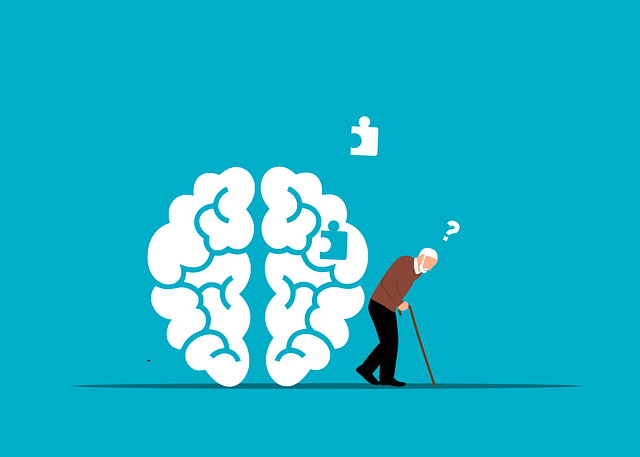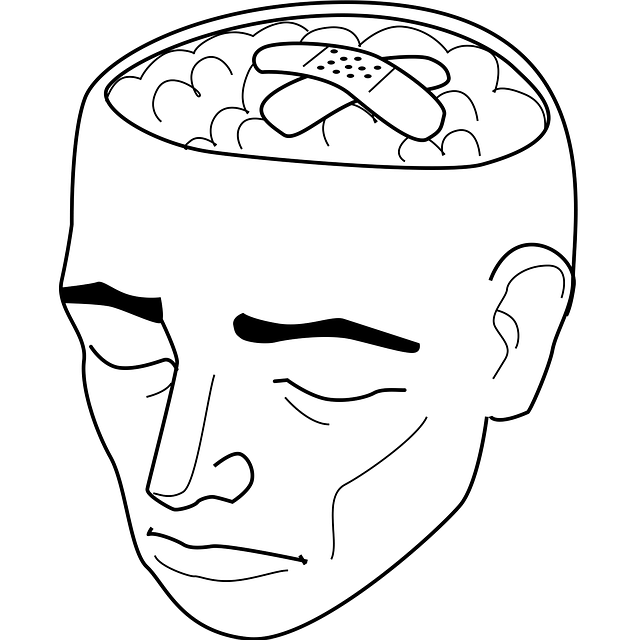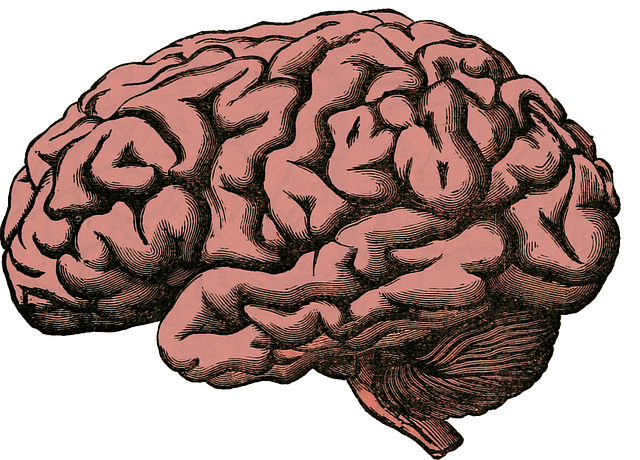Lone Tree Children Therapy prioritizes preventing healthcare provider burnout through early identification of signs like chronic fatigue and cynicism, caused by factors like excessive workload and lack of control. They implement strategies such as self-care practices, mental health education, open communication, and continuous professional development (CPD) to foster well-being and resilience. Their holistic approach, including mindfulness meditation and cultural sensitivity training, enhances therapists' ability to provide quality care for children and families over the long term.
“Healthcare provider burnout is a growing concern, especially within specialized settings like Lone Tree Children Therapy. This article explores comprehensive strategies to prevent and mitigate burnout among healthcare professionals. We delve into recognizing early signs and underlying causes, emphasizing the importance of creating supportive work environments.
Through practical tips, we showcase how self-care practices, effective communication, and continuous professional development can foster resilience. Learn from Lone Tree Children Therapy’s approach to build a robust framework for maintaining provider well-being.”
- Understanding Burnout in Healthcare Providers: Recognizing the Signs and Causes
- Creating a Supportive Work Environment at Lone Tree Children Therapy
- Enhancing Self-Care Practices for Long-Lasting Resilience
- Implementing Effective Communication Strategies to Reduce Stress
- Continuous Professional Development: Key to Preventing Burnout
Understanding Burnout in Healthcare Providers: Recognizing the Signs and Causes

Burnout among healthcare providers is a growing concern, with high-stress work environments contributing to physical and emotional exhaustion. Lone Tree Children Therapy highlights the importance of identifying burnout early on to prevent long-term impacts on both professionals and patients. Recognizing the signs is crucial; these include chronic fatigue, decreased motivation, cynicism towards work, reduced professional efficacy, and increased absenteeism. These indicators often stem from various factors such as excessive workload, lack of control over one’s practice, poorly defined roles, and limited resources.
The prevalence of burnout among healthcare professionals, particularly mental health experts, necessitates proactive measures. Self-Care Practices play a pivotal role in mitigating these issues. Risk Assessment for Mental Health Professionals should be integrated into healthcare institutions to foster an environment that prioritizes well-being. Additionally, Mental Health Education Programs Design can empower providers with coping mechanisms and stress management strategies, ensuring they have the tools to navigate demanding situations effectively.
Creating a Supportive Work Environment at Lone Tree Children Therapy

At Lone Tree Children Therapy, we understand that creating a supportive work environment is paramount to preventing healthcare provider burnout. Our practice is built on fostering a culture of care and respect, where every team member feels valued and appreciated. We prioritize open communication channels, ensuring therapists can freely express their concerns and ideas without fear of judgment. This inclusive atmosphere encourages collaboration and innovative problem-solving, reducing the isolation often associated with healthcare work.
In addition to structural support, Lone Tree Children Therapy emphasizes the importance of self-care routine development for better mental health among its providers. We offer resources and workshops focused on stress management, mindfulness practices, and cultural sensitivity in mental healthcare practice. By promoting a holistic approach to well-being, we aim to enhance therapists’ resilience and prevent burnout, ultimately reflecting positively on the care they provide to children and families. Furthermore, our commitment extends to developing public awareness campaigns that educate the community about mental health challenges, reducing stigma and fostering an environment of understanding and support.
Enhancing Self-Care Practices for Long-Lasting Resilience

In the fast-paced and emotionally demanding field of healthcare, preventing burnout is paramount for long-term resilience among providers. Enhancing self-care practices has emerged as a powerful strategy to combat exhaustion and promote well-being. Lone Tree Children Therapy emphasizes the importance of teaching healthcare professionals to prioritize their own mental and physical health. This includes incorporating practices such as mindfulness meditation, which research shows can reduce stress and improve emotional regulation. By integrating these techniques into daily routines, providers cultivate a deeper sense of calm and clarity, enabling them to better manage challenging situations.
Beyond individual strategies, Lone Tree Children Therapy also advocates for structured programs like Healthcare Provider Cultural Competency Training and Crisis Intervention Guidance. These initiatives foster an environment where professionals can openly discuss their experiences, share best practices, and access support systems. By fostering a culture of care within the healthcare community, these programs contribute to enhanced resilience and job satisfaction, ultimately ensuring providers can continue to offer quality care for years to come.
Implementing Effective Communication Strategies to Reduce Stress

In healthcare settings, effective communication is a powerful tool to combat burnout among providers. By implementing strategies that promote open dialogue and active listening, medical professionals can reduce stress levels significantly. This approach is especially beneficial for those in demanding fields like Lone Tree Children Therapy, where building strong relationships with young patients requires constant emotional investment.
Mental health education programs designed with an emphasis on communication skills training can foster a supportive environment. Encouraging self-awareness exercises through workshops or team discussions enables healthcare providers to recognize their own and their colleagues’ signs of burnout early on. This proactive mindset shifts the focus from reactive stress management to preventive measures, ultimately improving overall mental health awareness within the workforce.
Continuous Professional Development: Key to Preventing Burnout

Continuous Professional Development (CPD) plays a pivotal role in preventing burnout among healthcare providers, especially in specialized fields like Lone Tree Children Therapy. By investing time and resources into CPD, therapists can stay updated with the latest research, techniques, and trends in their field. This not only enhances their clinical skills but also fosters a sense of growth and engagement, counteracting the stagnant nature that often contributes to burnout.
Regular CPD activities, such as attending workshops, participating in online courses, or engaging in peer-led discussions, promote self-awareness exercises. These sessions encourage therapists to reflect on their practices, identify areas for improvement, and learn effective stress management strategies. Moreover, public awareness campaigns can educate both professionals and the general public about burnout, fostering a supportive environment that recognizes and addresses the issue proactively.
Burnout among healthcare providers is a pressing issue, but through proactive measures, organizations like Lone Tree Children Therapy can foster a resilient and supportive environment. By recognizing early signs, implementing effective communication strategies, enhancing self-care practices, and promoting continuous professional development, healthcare professionals can navigate the challenges of their profession with renewed energy. Adopting these burnout prevention strategies not only benefits individual providers but also ensures high-quality patient care for years to come.














